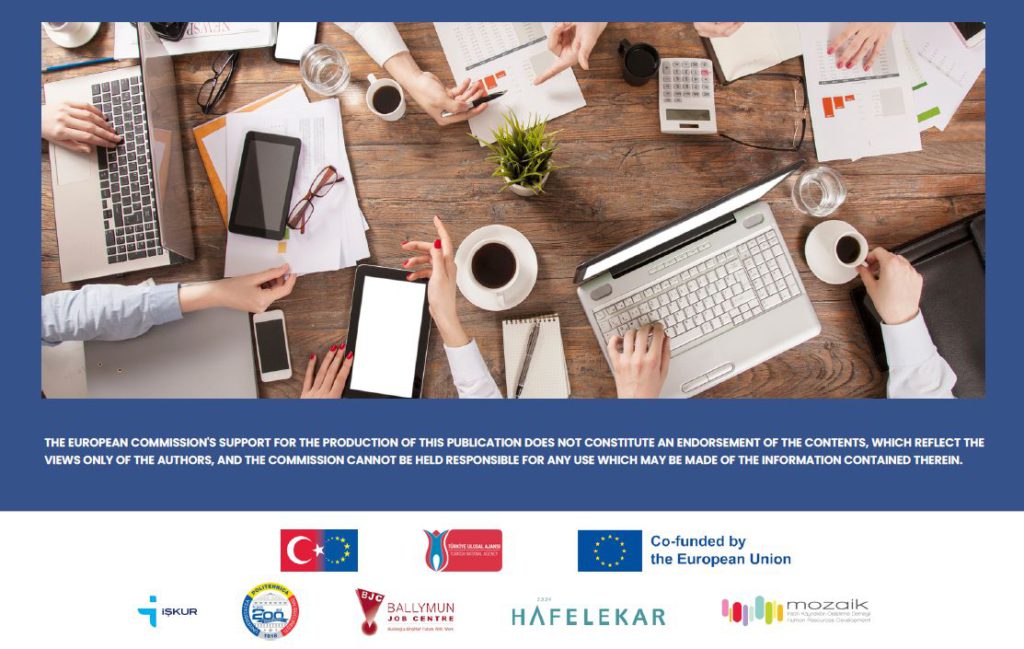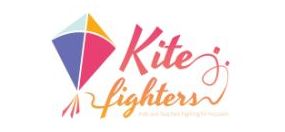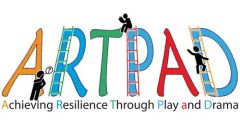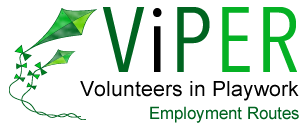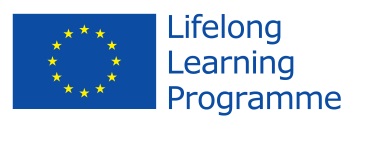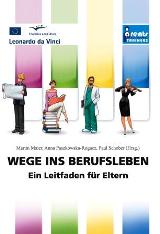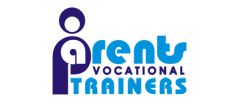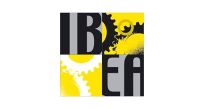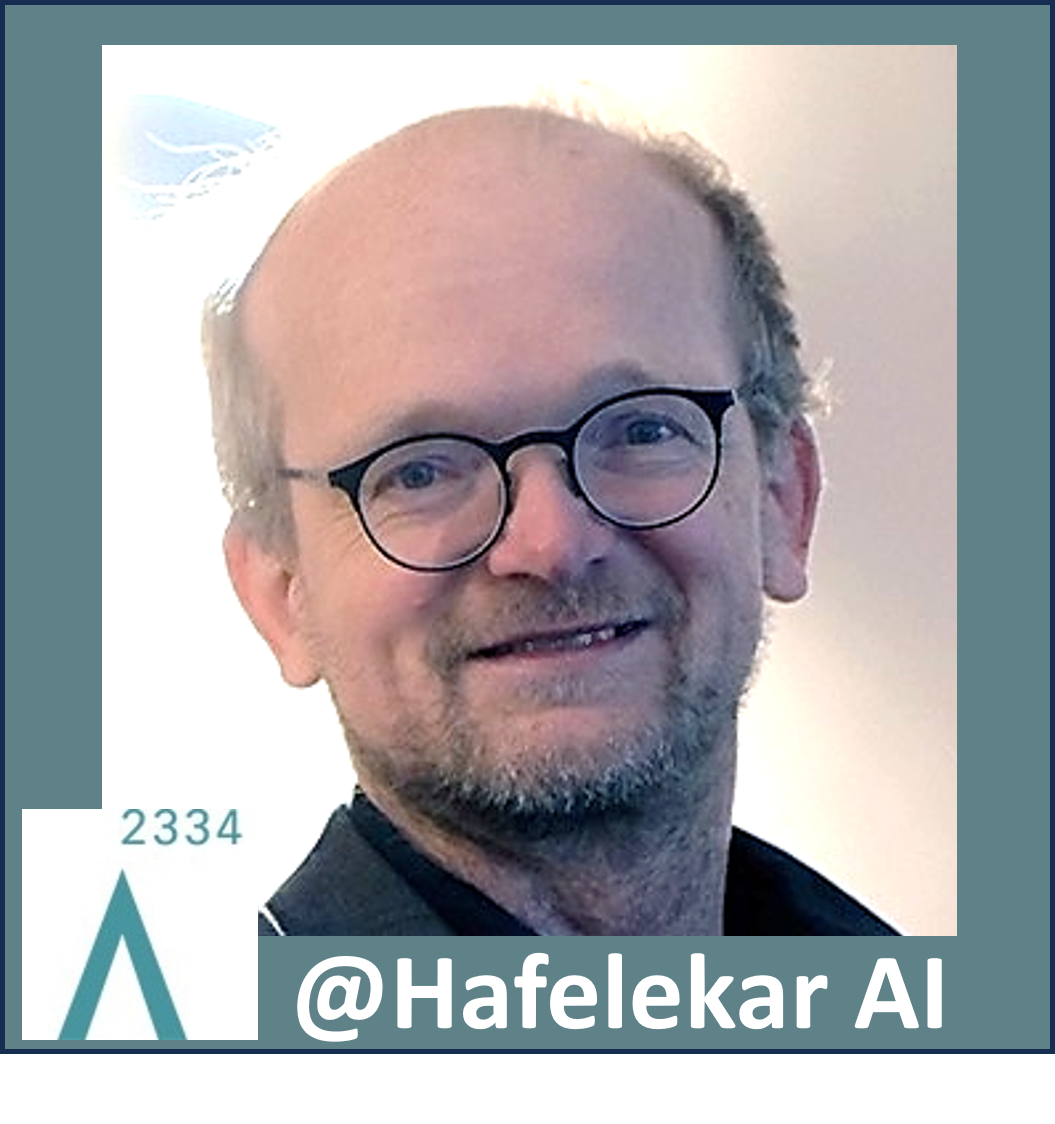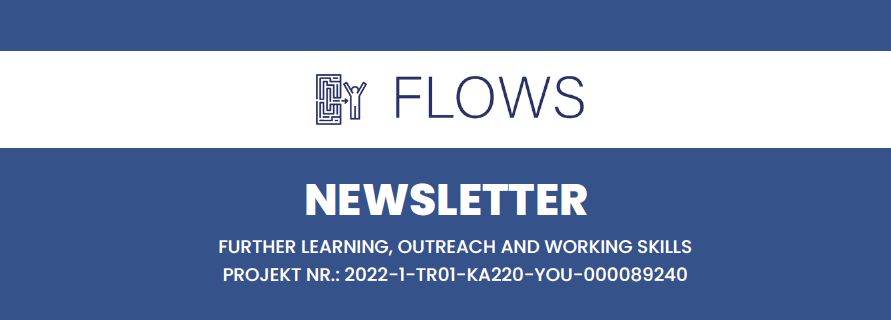
Flows project aims to support disadvantaged people, early school leavers, young job seekers, poor educational background, the long-term unemployed, people with disabilities and social, cultural, economic or educational obstacles, individuals, guidance, practitioners, employers, and Youth employment providers.
Flows is a 24-month-long European project, funded by the Erasmus+ programme and coordinated by Çarşamba İşkur Hizmet Merkezi Müdürlüğü. The project activities will be implemented throughout 4 different countries: Austria, Ireland, Romania, and Turkey. The first meeting of the project was held on the 30th and 31st of January 2023 in Samsun, Turkey.
During the meeting, partners got to know each other and the project and set the ground for a fruitful collaboration in the months to come. Lead project partners shared highlights for their work packages. Special time was dedicated to the first work package of the project, developing a framework for analysis and evaluation, which will include desk research and focus groups with young jobseekers and experts working with young jobseekers. The next transnational partner meeting will be in Ireland in September 2023.
Work packages that will be developed are:
Work package 2 – Framework Development will be led by Mozaik (as it has experience in working on developing framework for analysis and evaluation. The aim of the guidance service is to encourage and assist individuals to make positive changes in their lives and enable them to access education, training, and employment.
Work package 3 – Tool Specification and Content will be implemented by The Ballymun Job Centre as it holds methodology that can be used to discover and develop educational, vocational, and employment potential, to equip individuals to have a clearer understanding of themselves and to direct them towards training and employment opportunities that best fulfil their needs and aspirations.
Work package 4 – Developing Training module for practitioners and Online Platform will be led by Universitatea Politehnica din București as being an experienced IT partner.
Work package 5 – Piloting of The Future-proof Your Career and Psychometric Evaluation will be led by Hafelekar as it is mainly engaged in these fields: Research, Studies, Surveys, Evaluation, Validation of informal and non-formal learning, Development of (ICT) training.
The partnership of the Flows project is composed by:Project Coordinator: Çarşamba ISKUR HIZMET MERKEZI MÜDÜRLÜĞÜ (Türkiye)
Project Partners:
- UNIVERSITATEA POLITEHNICA DIN BUCURESTI (Romania)
- BALLYMUN JOB CENTRE (Ireland)
- HAFELEKAR UNTERNEHMENSBERATUNG (Austria)
- MOZAIK İnsan Kaynakları Geliştirme Derneği (Türkiye)
STAY TUNED TO HEAR MORE FOR OUR PROJECT!
